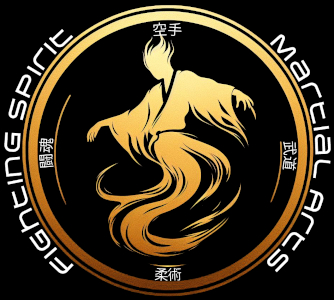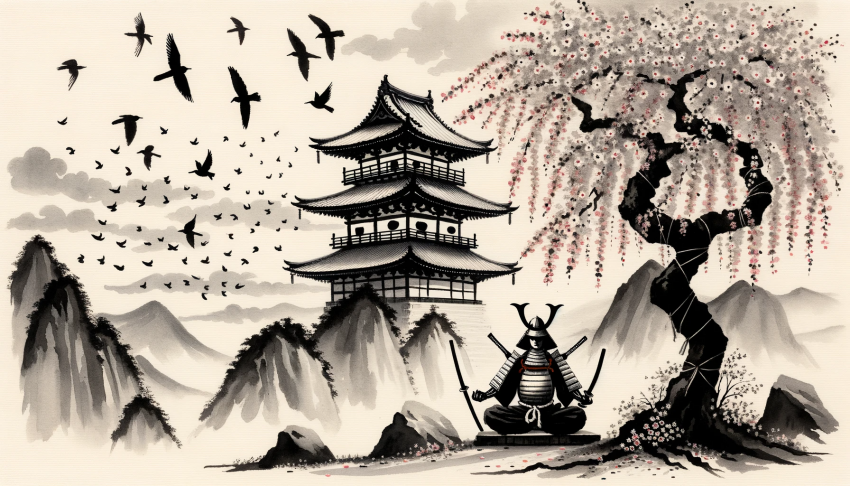Bushido, the ancient Japanese code of the warrior, extends far beyond martial practices, encapsulating a way of life that melds courage with compassion, strength with wisdom, and honour with humility. This ethos, deeply ingrained in Japanese culture, finds its roots in the historical samurai class but its principles reverberate in the modern world, guiding individuals through life’s adversities with a disciplined mind and a composed heart.
Originating in feudal Japan, Bushido evolved with the shifting roles of samurai warriors, from esteemed fighters to influential bureaucrats and scholars. This transition marked a profound shift from physical prowess to ethical, philosophical, and personal development. The warriors of the past morphed into the moral exemplars and intellectual scholars of the present, embodying a comprehensive code that transcends mere combat.
Bushido’s essence is encapsulated in its name, a composite of ‘bushi,’ meaning ‘warrior,’ and ‘do,’ signifying ‘way.’ The journey it represents is one of continuous self-improvement, guided by ethics and philosophy, urging individuals to face both external and internal battles with bravery, integrity, and a sense of justice. This isn’t merely a historical or martial discourse but a living philosophy, offering timeless wisdom for navigating modern challenges.
For a deeper exploration into Bushido’s intricate tapestry of values and its enduring relevance, I invite you to delve into a detailed chapter on Bushido in A Martial Odyssey: An Intellectual Journey Through Traditional Martial Concepts and Beyond. The chapter illuminates the rich history, the philosophical underpinnings, and the modern-day applications of Bushido, providing a thorough understanding of this age-old warrior ethos.

